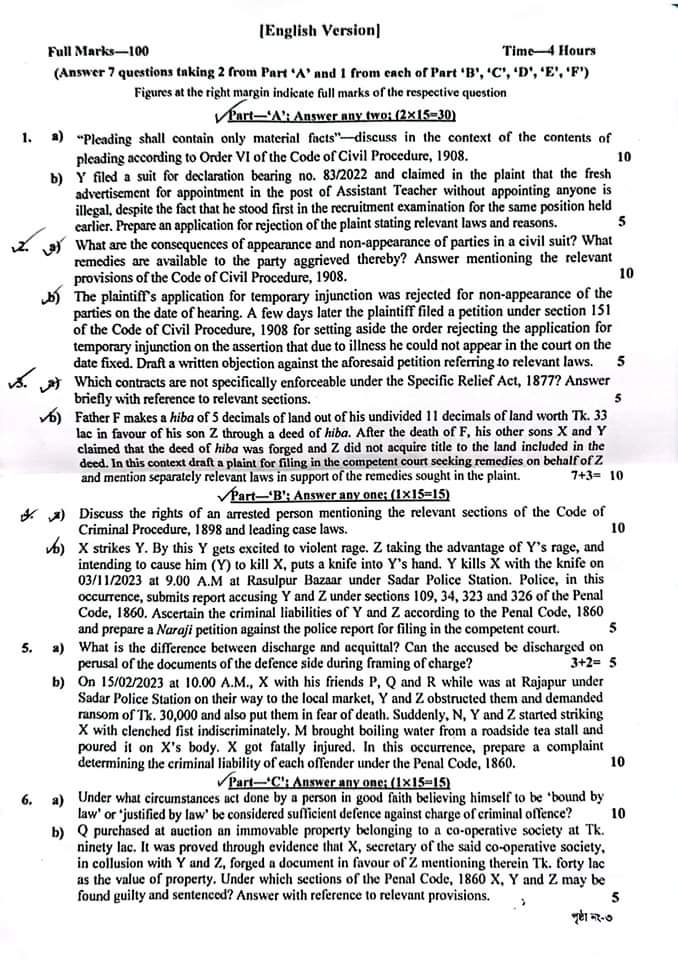Landmark Judgement of the Supreme Court on Dishonour of Cheque: Md. Abul Kaher Shahin Vs. Emran Rashid and another
Name of the Case: Md. Abul Kaher Shahin Vs. Emran Rashid and another (Criminal Appeal No- 63-66 of 2017)
Reference: 14 SCOB (2020) AD, 19 ALR (AD) 56-64
Following the cases, Metropolitan Sessions Judge of Sylhet convicted Imran Rashid Chowdhury, and punished with simple imprisonment for a period of four years, one year in each case, and fined Tk 90.0 million. High Court Division overruled verdict of the Trial Court upon hearing preferred by the cheque drawer and acquitted him from all the charges brought against him. Then Criminal Appeal Nos. 63-66 of 2017 was filed the cheque holder in the Appellate Division of the Supreme Court against the verdict of the High Court Division. After hearing the appeal, the apex court upheld the judgement of the High Court Division.
Issue:
The issue considered while executing the case is whether stopping the payment of the cheque constitutes offence under section 138 of the NI Act, 1881 even though the consideration was not fulfilled.
Decision:
According to the judgment, as per Section 43 of the NI Act, if the 'Consideration' for which the check was given is not met or if there is no 'Consideration', the check drawer has no liability. Thus, the respondent’s instruction not to encash the impugned cheques does not constitute any cause of action under section 138 of the Negotiable Instruments Act, 1881.
Section 43 of the Act of 1881 states that "a negotiable instrument made, drawn, accepted, indorsed or transferred without consideration, or for a consideration which fails, creates no obligation of payment between the parties to the transaction........." Again section 118 of NI Act postulates that "Until the contrary is proved, the following presumptions shall be made: (a) that every negotiable instrument was made or drawn for consideration, and that every such instrument, when it has been accepted, indorsed, negotiated or transferred, was accepted, indorsed, negotiated or transferred for consideration." The aforesaid sections clearly established that consideration is precondition for negotiable instruments.
“the bank returned the cheques with endorsement, “payment stopped by the drawer”. Where the amount promised shall depend on some other complementary facts or fulfilment of another promise and if any cheque is issued on that basis, but that promise is not fulfilled it will not create any obligation on the part of the drawer of the cheque or any right which can be claimed by the holder of the cheque. As such dishonesty or fraud cannot be attributed to the respondent in giving stop payment instructions. Consequently, the question of committing an offence by the accused respondent punishable under section 138 of the Act does not arise.”






